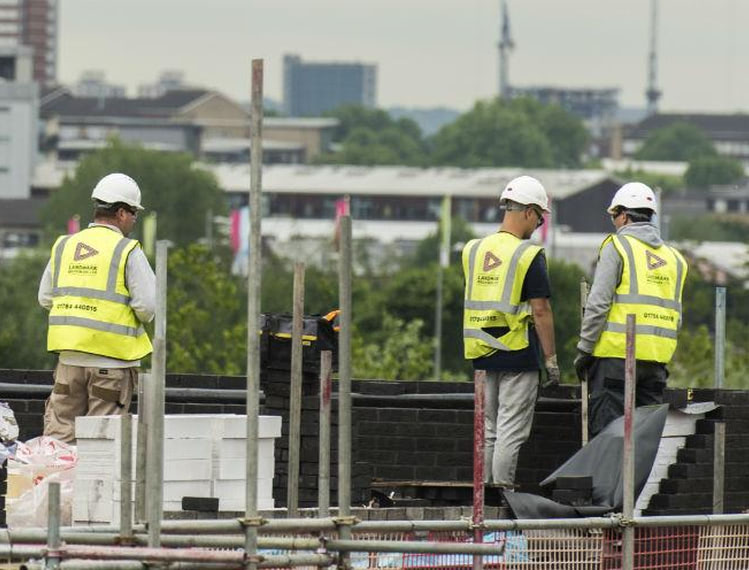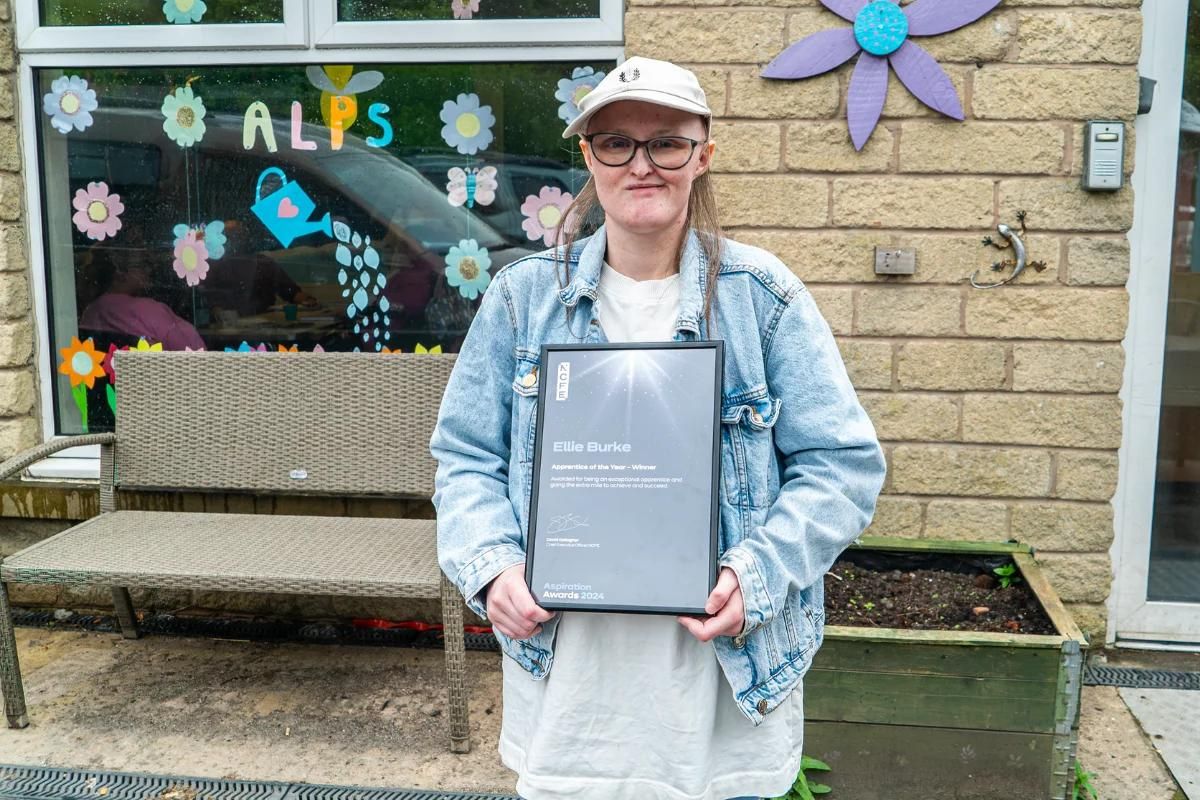Qualifications overhaul for #Construction and Built Environment sector in Wales

“This is a really exciting time for #construction education and #training in Wales” – our Director Cassy Taylor welcomes the award of the contract to develop new #qualifications for the Construction and Built Environment sector in Wales to @cityandguilds and @EAL_Awards. pic.twitter.com/62wDl6iMwd
— Qualifications Wales (@quals_wales) July 2, 2019
Major reform of qualifications in Construction and the Built Environment sector in Wales
A ground-breaking change to qualifications for people planning to work in the Construction and Built Environment sector in Wales has been announced today (2 Jul).
In the biggest shake-up to qualifications in the sector for a generation, a complex market with hundreds of existing qualifications will be simplified by eight new qualifications that will help reshape education and training for the industry in Wales.
The new qualifications will offer learners more flexible and comprehensive progression routes into employment. Assessment will be streamlined but more robust, making sure that young people have the skills and knowledge they need to get ahead in their careers.
Qualifications Wales announced today that contracts have been awarded to a consortium of City & Guilds and EAL, both experienced awarding bodies in the sector, who will be working with the regulator to design and deliver post-16 Foundation, Progression and Apprenticeship qualifications.
“We’re delighted to be awarding the contract for the development of new Construction and Built Environment qualifications for Wales to City & Guilds, working in partnership with EAL”, said Qualifications Wales’s Director of Qualifications Policy & Reform, Cassy Taylor.
“The Construction and Building Services sectors are large, diverse and a priority for Wales, and the new qualifications are being developed to meet the changing needs of the industry. They’ll enable workers to understand the role of new technologies in the sector, but will also give them the ability to maintain and repair the traditional buildings and structures we have in Wales”.
Kirstie Donnelly, Managing Director, City & Guilds Group, said:
“Construction has been at the heart of City & Guilds Group since we were founded 140 years ago, and we’re really pleased to have won this joint bid in partnership with EAL to deliver qualifications for an industry that is so vital to the economic success of Wales.
Qualifications Wales is leading the way in streamlining the approach to post-16 vocational qualifications and driving up standards, and we are pleased to be working together to develop qualifications that meet the needs of employers, learners and the wider community.
”We are also looking forward to building on the great relationship we’ve developed with Qualifications Wales through the City and Guilds/WJEC health and social care and childcare qualifications launching in September and taking standards to the next level to support vital skills development in Wales.”
Alison Parkes, Managing Director of EAL, said:
“As the leading specialist awarding organisation in engineering we are immensely proud, in partnership with City & Guilds, to have been appointed by Qualifications Wales to support them in the reshaping of the skills landscape for Construction and the Built Environment – a pivotal sector in the Welsh economy.
“We are especially looking forward to working with Qualifications Wales and key stakeholders, to bring their vision and expectations to life. Through the development of qualifications for these crucial and essential industries, we recognise the important part we play in the journey of those who wish to have a career in the sector”.
The post-16 qualifications include an overarching Foundation qualification in Construction and the Built Environment, and Progression and Apprenticeship qualifications in Building Services Engineering and Construction. These will be available for first teaching from September 2021.
The introduction of the innovative new qualifications has been welcomed by industry leaders as providing learners with a broader knowledge of the industry as a whole. Sector representatives have already contributed to the development of the new qualifications, and will continue to support the development process.
Gareth Williams, Standards and Qualifications Policy Manager for the CITB in Wales, said:
“As a stakeholder in the Construction and Built Environment review, CITB is looking forward to working with City & Guilds and EAL to develop new, up-to-date qualifications that will benefit both learners and the industry in Wales. The new qualifications will broaden learners’ horizons, by encouraging more employers to take an active role in developing the workforce of the future in Wales”.
Ed Evans, Director of the Civil Engineering Contractors’ Association for Wales, added, “Qualifications Wales’s engagement with the sector has been really strong. That means that this starts to be led by the sector, rather than being led by educationalists.”
In additional to the Foundation, Progression and Apprenticeship qualifications, Qualifications Wales is also working with WJEC to develop approval criteria for a new GCSE in the Built Environment for first teaching from September 2021, and an AS and A level in the Built Environment, which will be available for first teaching from September 2022.
How have the changes come about?
In February 2018, Qualifications Wales published Building the Future, a report on its 18-month review of qualifications in the construction and built environment sector. Together with a technical review of qualifications and an international comparison study, the review considered the views of learning providers and a range of professional and representative bodies, as well as more than 100 employers and over 900 learners.
Since October 2018, Qualifications Wales has been working with sector bodies, employers, specialists, further education and work-based learning providers to identify how new qualifications can best address the needs of both learners and employers.
What does this mean for learners?
Most of the new qualifications will be available for learners to take from September 2021. The new A level will be available from September 2022. Learners who have already started a course will complete the qualifications that they have already signed up for.











Responses